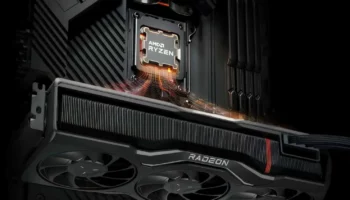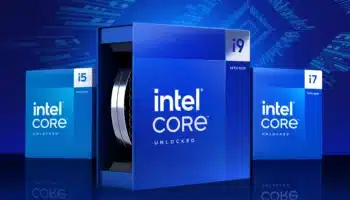Earlier today, Intel released a strange PPT that promises to “enlighten customers on how the latest
technology is not always what it seems.” It does an excellent job identifying older architectures hidden in AMD’s Ryzen 7000 mobile processors. The most notable examples include the Ryzen 5 7520U, Ryzen 7 7730U, and Ryzen 7 7735U. Instead of using the latest Zen 4 core, these chips are based on the Zen 2, Zen 3, and Zen 3+ architectures, respectively.
But does it matter? Mostly, no. These processors power budget notebooks that are often cheaper than their Intel rivals while offering comparable performance and better efficiency. Nevertheless, the Ryzen 7000 branding tricks the less informed consumers into buying these “older” chips. To address this, AMD should include a Zen 2/3/4 label alongside the SKU name.

Intel isn’t any different. Instead of the lower-end SKUs, Team Blue rebrands whole generations to reuse the same core architecture for half a decade. The 6th Gen Core family introduced the Skylake architecture in 2015, only to be retained by 7th, 8th, 9th, and 10th Gen lineups. The 11th Gen stack was a backport of Sunny Cove but was worse than its predecessors.
Intel also neglects to mention that its last three generations of processors are based on the same core architectures: Golden Cove and Gracemont. The Raptor Cove core used in Raptor Lake is a Golden Cove refresh, albeit with more L2 cache. Intel doesn’t even have a separate programming guide for it.

The 14th Gen family (desktop and HX notebook) is the refresh of a refresh featuring slightly higher core clocks and TDPs. Ergo, Intel’s latest processors are similar to its first hybrid core chips released over two years ago.

I’m not defending AMD here, simply filling in the gaps in Intel’s otherwise informative report. The notebook processor naming is terrible on both sides and requires a shorter and more straightforward approach. Intel’s latest Core Ultra scheme looks like a step in this direction, something AMD needs to address as well.






